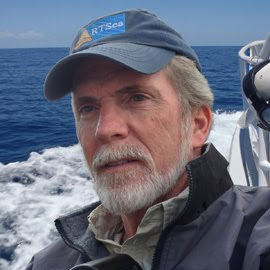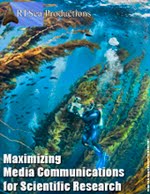 Tilapia is one of the more common seafoods being aquafarmed nowadays. In fact, 75% of this fish that is consumed comes from ocean- or inland-based farms. But, as with much of the aquafarming taking place today, it is beset with challenges that impact the environment - from feed and waste pollution to the threat of invasive species (escaping tilapia).
Tilapia is one of the more common seafoods being aquafarmed nowadays. In fact, 75% of this fish that is consumed comes from ocean- or inland-based farms. But, as with much of the aquafarming taking place today, it is beset with challenges that impact the environment - from feed and waste pollution to the threat of invasive species (escaping tilapia).While there have been several standards of practice instituted in the past, a new set of standards recently put in place by the Tilapia Aquaculture Dialogue (TAD), is purported to be more comprehensive and up-to-date in addressing the many issues faced by this growing industry. TAD is a collective of commercial, scientific, and conservation experts and the new standards cover a wide range of issues that would benefit the environment and the people involved in tilapia farming (some of the farming takes place in developing countries and so employee concerns were also included).
Tilapia aqua farmers who meet and maintain the standards can become certified through a process that will be established and monitored by GLOBALGAP and, ultimately, by the Aquaculture Stewardship Council (ASC) which is currently being created. These new standards are a major step forward because they apply measurable metrics as opposed to more vague environmental "goals."
“We support the tilapia standards because they will help us tell our customers the story they want and deserve to hear – that they are eating tilapia which was raised in an environmentally friendly way,” said Craig Watson, Vice President of Agricultural Sustainability of Sysco Corporation, the largest foodservice distributor in the United States. “And with the ASC in place, we will have the assurance that the standards will be adhered to properly, which will bring credibility and longevity to the standards.”
Regular readers of this blog know that I am an advocate of aquaculture as it potentially can offset or possibly replace the damage caused by open ocean commercial fishing. These standards are an important step towards addressing the challenges aquaculture faces as it grows to meet demand.
Read World Wildlife Fund press release. The press release provides a link to download the complete standards.

















No comments:
Post a Comment